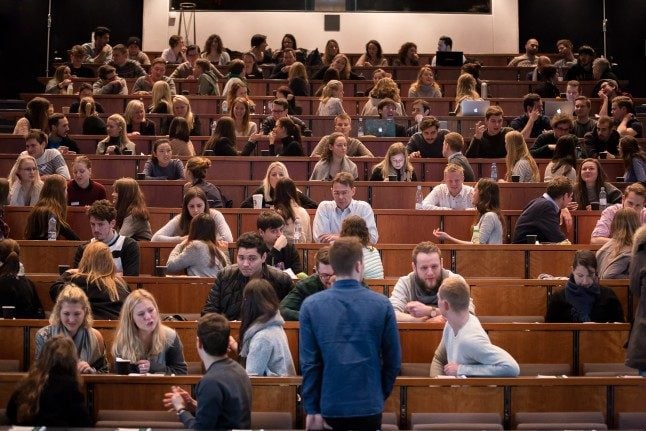Scientists at the Max Planck Institute of Ornithology in Seewiesen conducted a study to find out how different breeding techniques affected offspring numbers among zebra finches.
The team found that when the birds were paired up by humans, the eggs produced were more likely to be unfertilized than when the birds were free to choose their own mates, reported the Institute in a press release.
The researchers first let the finches loose to choose their own partners from a large group of peers.
After the finches had chosen mates, half of the new couples were then split up and housed with the chosen partner of a different bird, while the other half were allowed to remain with their preferred mate.
The birds were kept in paired confinement to allow the new couples to strengthen and solidify their partnership. They were then released to rear young in communal aviaries.
In terms of egg numbers, there was little difference between the pairs who were the result of matchmaking, and those who had chosen their own mates.
But in the nests of those pairs who scientists had placed together eggs were more likely to be unfertilized – or to simply disappear.
Among these pairs, “more chicks died after hatching, most within the first 48 hours,” said Malike Ihle, one of the leaders of the study.
In this critical early stage of life, male finches have the greatest responsibility for their offspring – but in pairs who were the result of human matchmaking, fathers gave their newborn offspring less attention than those who chose their mates.
“In socially monogamous animals, the matching of partners may be particularly important in order to motivate each other and to coordinate and share the various tasks“, says Wolfgang Forstmeier, another leader on the study.
In other words: romance isn't dead.



 Please whitelist us to continue reading.
Please whitelist us to continue reading.
Member comments